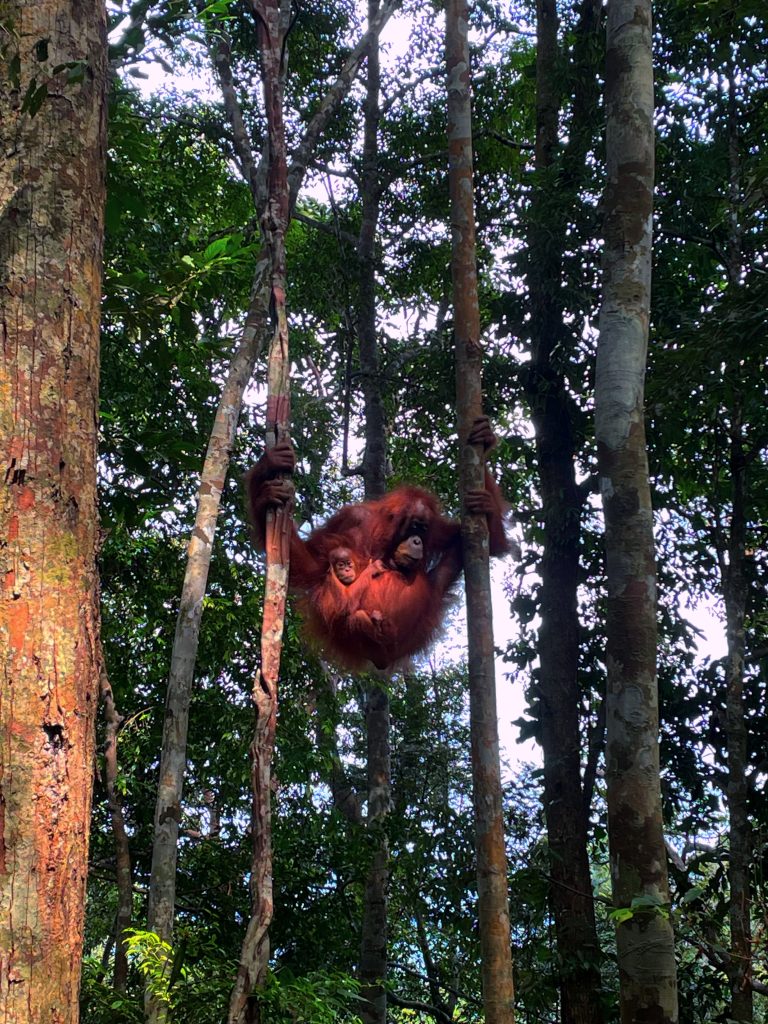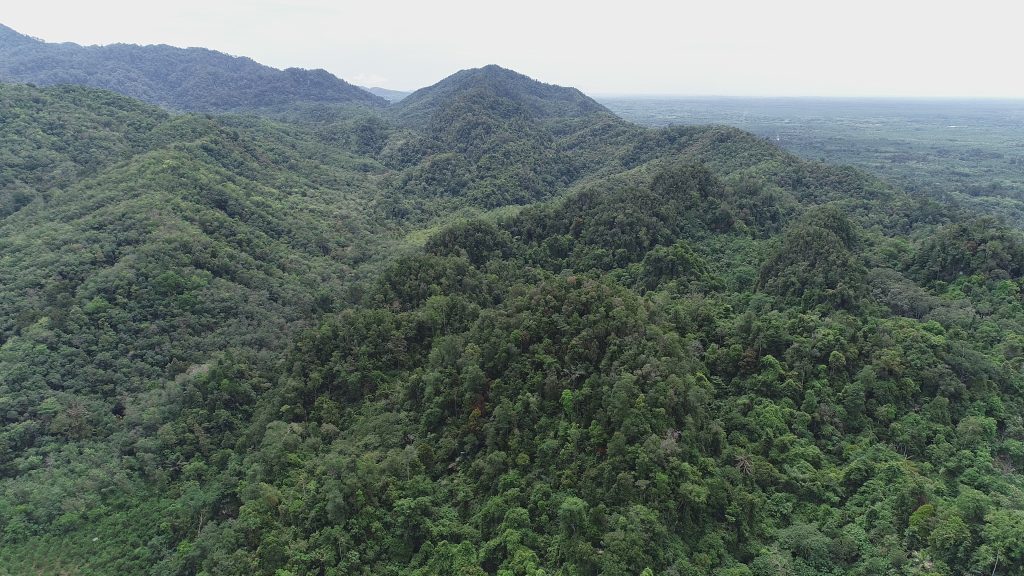The Sumatran Orangutan: A Majestic Ape on the Brink of Survival

The Sumatran orangutan (Pongo abelii) is one of the most fascinating and critically endangered great apes, found only on the island of Sumatra in Indonesia. Known for their distinctive reddish-brown hair, incredible intelligence, and unique behaviors, these majestic creatures face significant threats to their survival due to habitat loss, illegal hunting, and human encroachment. Efforts to conserve the Sumatran orangutan are crucial not only for the species itself but also for the overall health of the tropical rainforest ecosystems they inhabit.
Trekking Through the Rainforest
Physical Characteristics and Behavior
Sumatran orangutans are smaller and lighter than their Bornean relatives, with longer facial hair and a more slender build. Adult males can weigh up to 90 kilograms (200 pounds) and stand about 1.4 meters (4.6 feet) tall, while females are considerably smaller, weighing around 45 kilograms (100 pounds). They have long arms, which can reach up to 2 meters (6.6 feet) in span, enabling them to effortlessly swing through the forest canopy.
These orangutans are highly intelligent and exhibit a range of complex behaviors. They use tools, such as sticks to extract insects or seeds from fruits, and leaves to make umbrellas or drinking vessels. Sumatran orangutans are also known for their intricate nesting habits, building elaborate sleeping nests high in the trees every night.
Habitat and Distribution

Sumatran orangutans are primarily found in the lowland rainforests of northern Sumatra, particularly in the provinces of Aceh and North Sumatra. They inhabit both primary and secondary forests, as well as peat swamps and montane forests. The Leuser Ecosystem, which includes Gunung Leuser National Park, is a critical habitat for these orangutans, providing a sanctuary that supports a significant portion of the remaining population.
Diet and Social Structure
Sumatran orangutans have a diverse diet consisting mainly of fruit, but they also eat leaves, bark, insects, and occasionally small vertebrates. Figs and durians are particularly favored fruits. Their foraging behavior plays a vital role in seed dispersal, contributing to forest regeneration and biodiversity.
Unlike other great apes, orangutans are semi-solitary animals. Adult males are generally solitary, except during mating, while females are more social, especially with their offspring. Young orangutans stay with their mothers for up to eight years, learning essential survival skills such as foraging and nest-building.
Threats to Survival
The Sumatran orangutan population has declined dramatically due to several human-induced threats:
- Habitat Destruction: Deforestation for palm oil plantations, logging, and agricultural expansion is the primary threat to their habitat. Illegal logging and forest fires further exacerbate the loss of their living space.
- Poaching and Illegal Wildlife Trade: Orangutans are hunted for bushmeat, and infants are captured for the illegal pet trade, often resulting in the death of the mother.
- Human-Wildlife Conflict: As their habitat diminishes, orangutans are forced into closer contact with human settlements, leading to conflicts where they are often killed or injured.
Conservation Efforts
Various organizations and initiatives are dedicated to the conservation of the Sumatran orangutan. Efforts include:
- Habitat Protection: Establishing and managing protected areas like the Gunung Leuser National Park and working to halt illegal logging and deforestation.
- Rehabilitation and Reintroduction: Rescue centers and rehabilitation programs aim to care for and eventually reintroduce orphaned and displaced orangutans back into the wild.
- Community Engagement: Educating and involving local communities in conservation efforts, promoting sustainable livelihoods, and reducing human-wildlife conflict.
- Research and Monitoring: Conducting scientific research to better understand orangutan behavior, genetics, and ecology, and monitoring populations to assess conservation strategies
